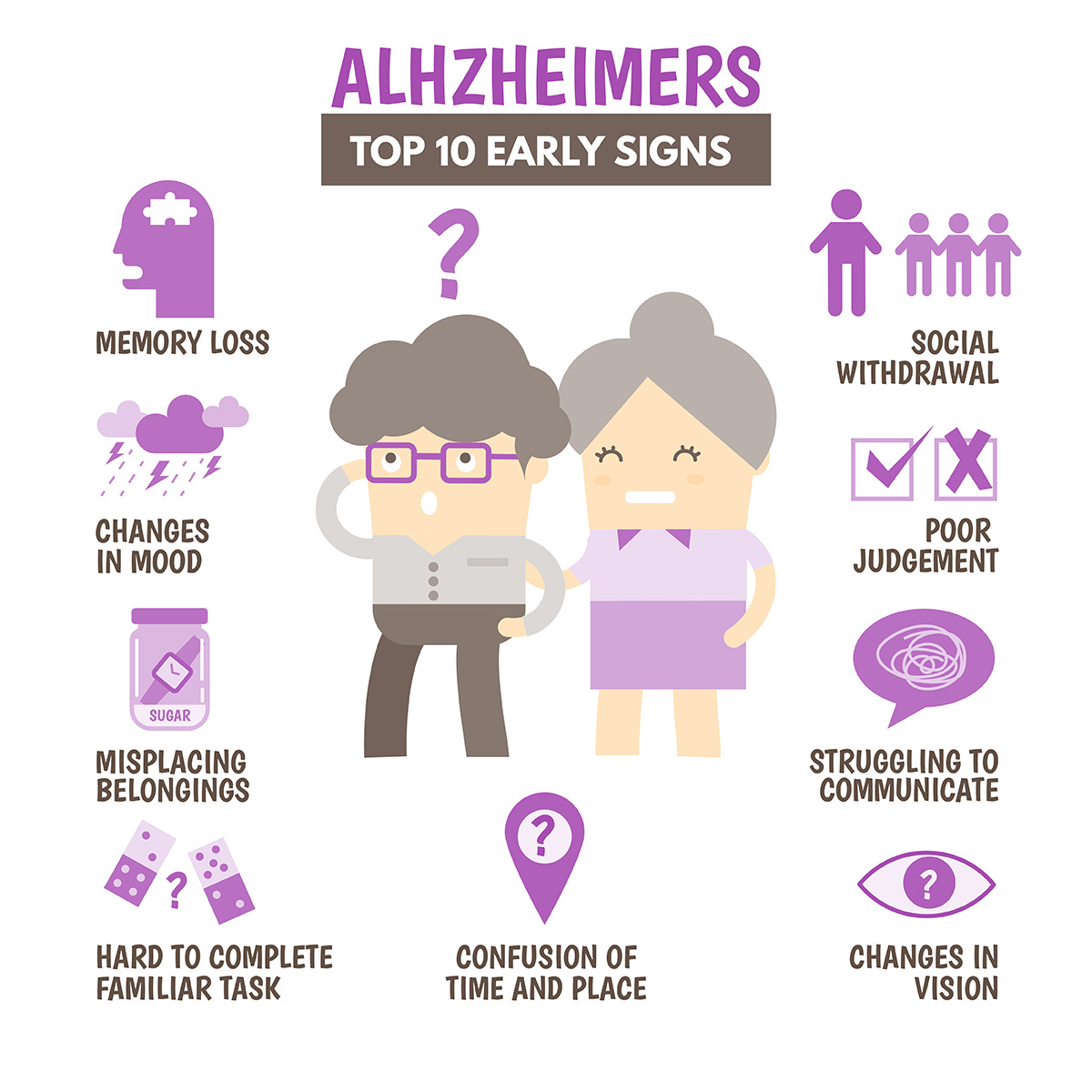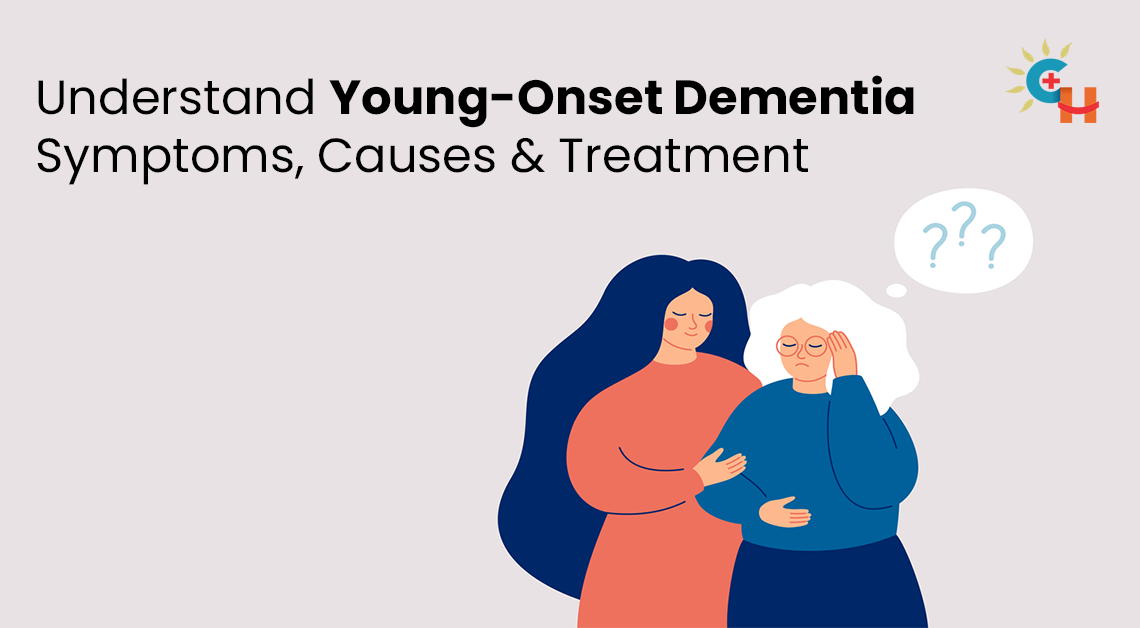Traveling Tips When Supporting Someone With Early Onset Dementia
Traveling Tips When Supporting Someone With Early Onset Dementia
Blog Article
Recognizing the Effect of Mental Deterioration on Life and Caregiving
Dementia affects every day life in profound ways, impacting not just those detected yet additionally their caretakers. As cognitive decrease progresses, you might discover changes in communication and regular that difficulty both parties. Recognizing these shifts is vital for maintaining self-respect and interaction. However how do you adapt your caregiving strategies to sustain someone traversing this complex trip? The answers might surprise you as we discover the subtleties of this experience.
The Phases of Mental Deterioration and Their Impacts on Day-to-day Live
As you navigate the trip of dementia, recognizing its stages can substantially affect how you handle everyday life. Dementia typically progresses through 3 primary phases: early, center, and late.
During the middle stage, you'll experience a lot more obvious cognitive decrease. Daily tasks could end up being tough, and keeping your independence might require modifications. Making use of suggestions and streamlining your setting can aid.
In the late phase, individuals commonly require considerable assistance with everyday tasks. Preparation for treatment comes to be crucial, focusing on convenience and lifestyle. By understanding these stages, you're much better outfitted to react proactively, ensuring you or your loved one can navigate the challenges with dignity and grace.

Changes in Interaction and Social Interaction
Exactly how do adjustments in communication influence your everyday interactions as mental deterioration advances? As dementia advancements, you may observe that straightforward discussions become tough.
You may discover it less complicated to attach via these ways rather than relying entirely on spoken language. Paying attention abilities can likewise alter; you may find it tougher to follow conversations or keep in mind what was simply stated (Frontotemporal Dementia). This can cause misunderstandings or sensations of seclusion
Encouraging perseverance and developing a supportive setting can assist. Participating in activities that foster link, like music or art, can improve social communications. Remember, keeping connections is still possible; it's just around adapting to new ways of connecting.
Influence On Daily Routines and Activities
While navigating day-to-day regimens, you'll likely observe that jobs you when finished effortlessly come to be more tough as dementia proceeds. Straightforward activities like food preparation, dressing, or perhaps bathing might need even more effort and time. You may discover yourself forgetting action in familiar regimens or having a hard time to remember where you positioned products. This can lead to aggravation not simply for you, however additionally for those around you.
Adapting your setting can assist; for instance, identifying items or making use of lists can simplify tasks. Involving in recurring, organized activities can likewise offer convenience and a sense of achievement. Remember, it's fine to ask for help.
Behavior and emotional Obstacles
Steering with everyday routines can bring around not simply useful obstacles, yet behavior and additionally psychological ones. You may discover modifications in state of mind, such as increased stress and anxiety or irritation, which can come from confusion or difficulty in finishing jobs. As you browse these moments, it is vital to acknowledge that your enjoyed one might express their feelings with habits like frustration or withdrawal.
These emotional responses can be unforeseeable and might occur without warning, leaving you both feeling overwhelmed. You could find that familiar settings or routines can help in reducing anxiousness, however preserving perseverance comes to be significant. It is very important to confirm their sensations, also if you do not completely comprehend them.
The Role of Caregivers in Sustaining People With Mental Deterioration
As a caretaker, you play an essential function in providing emotional assistance for individuals with mental deterioration. Developing day-to-day treatment routines can create a feeling of stability and comfort, aiding to reduce their anxiousness. By comprehending their needs and making use of effective techniques, you can considerably enhance their lifestyle.
Psychological Support Methods
When caring for somebody with dementia, comprehending the psychological landscape is vital for giving effective support. You'll commonly find that patience and compassion go a long method. Verify their feelings; if they express confusion or disappointment, acknowledge it without rejecting their emotions. Straightforward motions, like holding their hand or preserving eye get in touch with, can produce a complacency. Attempt to participate in tasks that they appreciate, as this can stimulate delight and link. Remember to interact clearly and slowly, making use of a tranquil tone. Motivate expression through music or art, which can act as an effective outlet. Inevitably, do not fail to remember to deal with your own emotional demands; seeking support for yourself can improve your capacity to care for them.
Daily Care Routines
Establishing daily care regimens is important for offering stability and comfort to people with dementia, as these regimens can help in reducing confusion and stress and anxiety. You can start by outlining a regular schedule for meals, activities, and remainder. This predictability aids your liked one feel a lot more safe and involved.
Integrate acquainted jobs, like folding washing or watering plants, which can evoke positive memories and promote a sense of achievement. Usage aesthetic cues, such as calendars or lists, to lead them with the day.
Be adaptable, though; adapt routines as required based on their state of mind or power degrees. Vascular Dementia. Keep in mind, your patience and understanding are crucial in steering their altering demands, guaranteeing they really feel sustained and valued throughout their day-to-day life
Developing a Safe and Comfy Living Atmosphere
Producing a secure and comfy living setting is necessary for people with mental deterioration. You'll wish to make home safety modifications that minimize threats and assure knowledge to supply a sense of comfort. By concentrating on these facets, you can aid develop a room that sustains both security and wellness.
Home Security Adjustments
As you browse the difficulties of mental deterioration, making home security modifications can significantly enhance convenience and safety. Beginning by getting rid of tripping risks like rugs and clutter, assuring sidewalks are clear. Mount grab bars in restrooms and non-slip mats in the shower to avoid falls. Consider making use of brighter lights and night lights to improve visibility, specifically during nighttime. Tag essential areas, such as the washroom and cooking area, with clear indications to aid with orientation. Secure any type of sharp things or toxic materials out of reach. Furthermore, analyze your home's alarms recommended you read and locks to confirm they're user-friendly and give satisfaction. These adjustments not just promote security yet also urge self-reliance, allowing your enjoyed one to really feel more comfortable in their atmosphere.
Comfort and Familiarity
After making sure a safe atmosphere with necessary alterations, cultivating comfort and familiarity is crucial for individuals with dementia. Start by individualizing their room. Usage familiar colors, designs, and photographs that stimulate delighted memories. A favorite covering or chair can offer a feeling of safety and security. Preserve a consistent routine to help them really feel grounded and lower anxiousness. Straightforward, familiar meals can also produce a comforting ambience. Maintain paths clutter-free and clear to prevent complication. Integrate soft illumination, as bright lights can be disorienting. Take into consideration adding comforting scents, like lavender, to promote relaxation. Participating in acquainted activities, such as paying attention to music or horticulture, can improve their feeling of belonging, making their living atmosphere a true shelter.
Techniques for Efficient Caregiving and Assistance
While view website steering the obstacles of dementia care can feel frustrating, executing effective approaches can greatly enhance both the caregiver's and the client's day-to-day experience. Start by establishing a routine; predictability assists lower anxiety for both you and your liked one. Usage clear, simple interaction-- straight concerns and brief sentences can prevent confusion.
Do not fail to remember to care for yourself; routine breaks and link with support system. Sharing experiences with others in similar circumstances can supply important understandings and psychological relief.
Last but not least, continue to be individual and versatile. Dementia can bring uncertain modifications, so adapting your strategy is essential. By employing these approaches, you can promote an extra favorable setting that benefits both you and find here your loved one.
Often Asked Concerns

What Are the Different Sorts Of Dementia?
You'll locate several sorts of mental deterioration, including Alzheimer's, vascular dementia, Lewy body mental deterioration, and frontotemporal dementia. Each kind influences memory and cognitive function in different ways, so comprehending the differences is vital for appropriate medical diagnosis and care.
Just How Can I Assist A Person With Early-Stage Dementia?
You can aid a person with early-stage dementia by being client, offering assistance, and encouraging them to involve in activities they take pleasure in. Keeping routines regular and maintaining open communication can additionally make a significant difference in their daily life.
Exist Financial Resources Available for Dementia Care?
Yes, there are economic resources available for dementia treatment. You can explore entitlement program programs, nonprofit companies, and insurance options. It's additionally important to consult local firms for certain sources tailored to your circumstance.
What Lawful Factors To Consider Should Caregivers Recognize?
As a caretaker, you need to take into consideration power of attorney, healthcare proxies, and guardianship legislations. It's essential to comprehend the legal rights and obligations you hold, guaranteeing your liked one receives appropriate treatment and security.
Just How Can I Cope With Caregiver Tension?
You can manage caretaker anxiety by focusing on self-care, looking for assistance from good friends or teams, establishing practical expectations, taking breaks, and exercising leisure techniques. Remember, your wellness matters just as much as the individual you're looking after.
Comprehending the Influence of Mental Deterioration on Daily Life and Caregiving.
As you browse the journey of mental deterioration, understanding its stages can markedly influence just how you take care of everyday life.While navigating day-to-day routines, you'll likely observe that jobs you as soon as completed easily ended up being more difficult as mental deterioration advances.Developing day-to-day treatment regimens is essential for supplying stability and convenience to individuals with dementia, as these regimens can assist lower complication and stress and anxiety.While steering the obstacles of mental deterioration care can really feel overwhelming, applying reliable techniques can significantly boost both the caregiver's and the person's day-to-day experience.
Report this page